I'm trying to build a restful API and I'm struggling on how to serialize JSON data to a HTTP query string.
There are a number of mandatory and optional arguments that need to be passed in the request, e.g (represented as a JSON object below):
{
"-columns" : [
"name",
"column"
],
"-where" : {
"-or" : {
"customer_id" : 1,
"services" : "schedule"
}
},
"-limit" : 5,
"return" : "table"
}
I need to support a various number of different clients so I'm looking for a standardized way to convert this json object to a query string. Is there one, and how does it look?
Another alternative is to allow users to just pass along the json object in a message body, but I read that I should avoid it (HTTP GET with request body).
Any thoughts?
Edit for clarification:
Listing how some different languages encodes the given json object above:
jQueryusing$.param: -columns[]=name&-columns[]=column&-where[-or][customer_id]=1&-where[-or][services]=schedule&-limit=5&return=columnPHPusinghttp_build_query: -columns[0]=name&-columns[1]=column&-where[-or][customer_id]=1&-where[-or][services]=schedule&-limit=5&return=columnPerlusingURI::query_form: -columns=name&-columns=column&-where=HASH(0x59d6eb8)&-limit=5&return=columnPerlusingcomplex_to_query: -columns:0=name&-columns:1=column&-limit=5&-where.-or.customer_id=1&-where.-or.services=schedule&return=column
jQuery and PHP is very similar. Perl using complex_to_query is also pretty similar to them. But none look exactly the same.

